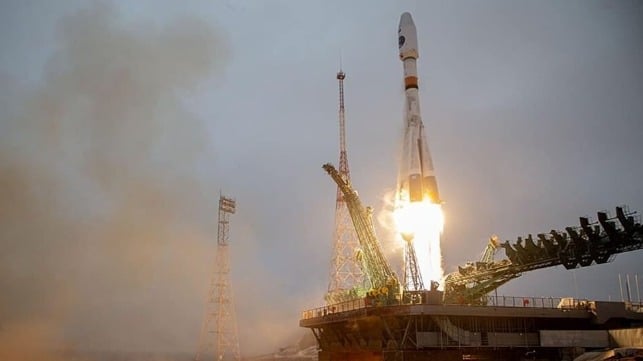The world’s first Arctic observation satellite system was recently activated by Russia over the weekend. This cutting-edge technology allows for continuous monitoring of the Arctic surface and Northern Sea Route, utilizing data from Roscosmos’ two Arktika-M satellites launched in February and December 2021.
According to Roscosmos, this marks the first time that a hydro-meteorological space system has been established for permanent observation of the Arctic regions and surrounding territories. The Arktika mission plans to expand with a total of 10 Earth-orbiting satellites, including communication, GPS, commercial, and remote sensing satellites. These satellites will ensure full-time coverage of high latitudes not currently provided by existing international geostationary satellites.
The development of the Arktika system aligns with Russia’s goals to intensify its exploitation of the Arctic’s oil and gas resources. Additionally, the system will offer crucial telecommunications services in the Arctic, necessary for air traffic and commercial shipping in the remote area. With significant investments in the Northern Sea Route near the Siberian coastline, Russia aims to establish it as an alternative shipping route that reduces travel distances between the Far East and West compared to the Suez Canal route. As sea ice continues to diminish in the Arctic, commercial shipping activities are expected to rise due to increased accessibility through this new route.
This new constellation provides valuable insights into meteorological and environmental conditions in one of Earth’s most extreme environments. With continuous monitoring capabilities, researchers can gain deeper understanding into changes occurring on a global scale that have far-reaching consequences beyond our planet’s borders.
Overall, Russia’s activation of this new satellite system is an important step towards enhancing our knowledge about our planet’s environment while also advancing strategic interests related to resource extraction and transportation infrastructure development.



